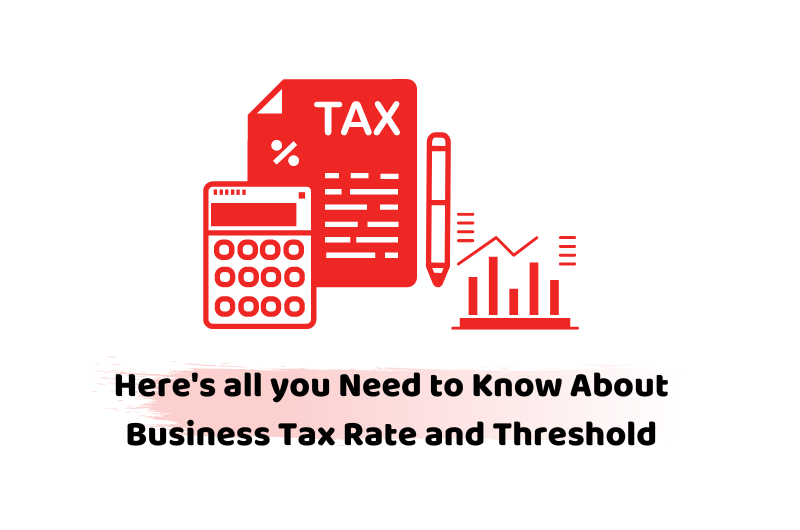Small business owners have to deal with one of the most complicated things. Taxes. They have to cope with taxes on two different fronts. Talk about tackling personal taxes and business tax rates.
Most small business owners mix up things between personal and business tax rates. They get caught up with the struggle to maintain tax returns. They end up constantly worrying about changing tax regimes.
Keep in mind the business tax rates and thresholds. This keeps your business taxes in check. It helps you keep your tax troubles at bay.
What kind of business taxes are you looking for? Here are some business taxes you have to keep track of.
National Insurance Rates
If you’re self-employed, National Insurance must be paid. But, you have to earn some bucks first. You are liable to pay NI when your annual earnings cross the £6,365 mark. We hope that you are earning more than that. In that case, you fall into the Class 2 category of NIC and you have to pay a fixed rate of £3 per week (£156 a year.
For the Class 4 category, your business has to generate £8,632 or more than that annually. In Class 4, you have to pay 9% on profits between £8,632 and £50,000 and 2% on earnings of over £50,000.
Keep an Eye on Capital Allowances
If you are making trading profits, you may be able to cut all or a certain ratio of capital expenditures. Let’s crunch some numbers if you own an industry.
For plants and related machinery, the main writing down allowance is unchanged. It will be 18% for the current and the coming year of 2021. However, the special pool is 6% for 2020/2021, which is a significant decline from 8%. From April 1st this year, structure and building allowance remains 3% for corporation tax. For now, the annual investment allowance stood at 100% on £1 million. This will come down to £200,000 from January 1st next year.
You Have to Pay Corporation Tax
Every company that is profitable has to pay corporation tax in the UK. The corporation tax ratio is plain and simple. For the year 2019/2020, the rate stood at 19%. This rate is applied to the profits of the business. This rate will be applied before the dividends are paid.
What Do You Know About VAT Rates?
There are other kinds of taxes you have to pay and VAT is one you need to look out for. It only applies to your business if you have registered your company for Value Added Tax. The threshold for 2019/2020 is £85,000. This means once your company sells goods or services worth £85,000 in one month, you have to register for VAT.
The standard rates for VAT is 20%. But for certain goods and services, the reduced rate of 5% is applied. The rate is 0 for a few items like expenses on food, children clothes etc.
Capital Gains Tax
CGT applies if you dispose of your assets. If you’re selling an asset to make a profit, you must pay tax on it. If you are disposing of your business worth £6,000 or more, you have to pay CGT on it. This does not apply to your home or any assets that you are transferring without profit.
PAYE Rates and Thresholds
If the taxable income of employees is calculated, you would have to include their tax-free personal allowance as well.
The basic income tax rate is 20% on taxable income. The threshold is still unchanged and stands at £37,500. The higher rate income tax is 40%. The rate is applied between the rate band of £150,000.
If you are still confused about the tax rate and ratios, you can check and calculate it on HMRC’s tax checker for employees. This will give you a quick assessment of your paid taxes. However, if you are self-employed then this calculator is not for you.





















































